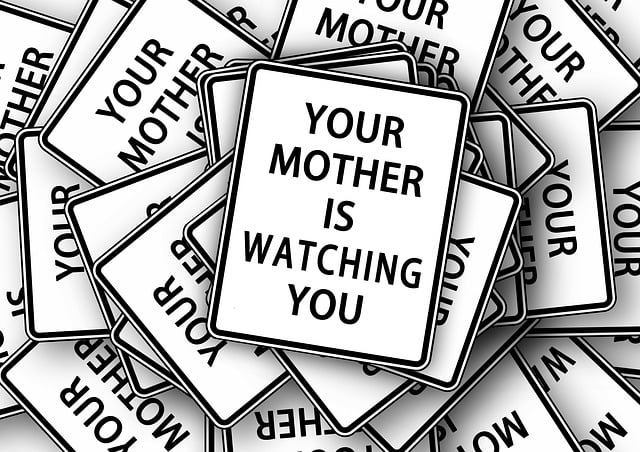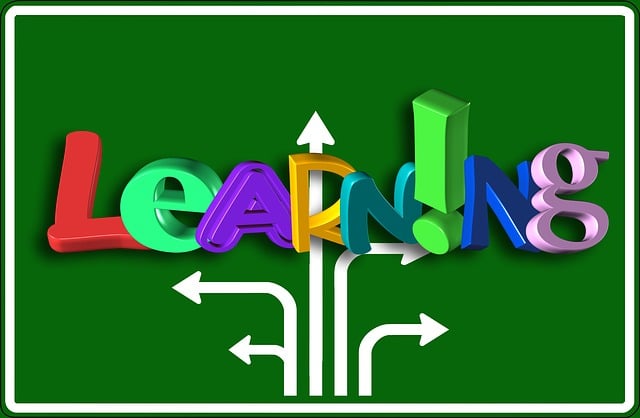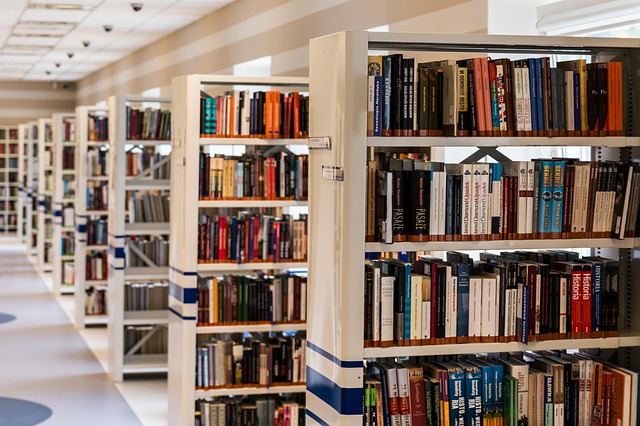Karachi, Pakistan's economic and cultural hub, presents unique classroom management challenges due to its vibrant, bustling nature and diverse student population. Modern approaches, such as project-based learning (PBL), technology integration, student-centric methods, and community collaboration, have transformed teaching techniques in recent years. These innovations aim to create inclusive learning environments that prepare students for the 21st century by fostering engagement, critical thinking, and personalized learning experiences, ultimately enhancing academic success in Karachi's dynamic urban setting.
Recent reforms in classroom management techniques are transforming education in Karachi, addressing challenges that have long plagued the city’s schools. This article explores innovative strategies aimed at enhancing discipline and student engagement. We delve into the role of technology as a digital tool for improved classroom control and highlight student-centric methods empowering learners through autonomy and feedback. Additionally, we discuss teacher training programs equipping educators with effective management skills and the vital role of community collaboration, particularly parental involvement, in shaping Karachi’s classroom dynamics.
- Understanding the Need for Change: Challenges in Karachi's Classroom Management
- Innovative Strategies: Modern Approaches to Discipline and Engagement
- The Role of Technology: Digital Tools for Enhanced Classroom Control
- Student-Centric Methods: Empowering Learners through Autonomy and Feedback
- Teacher Training Programs: Equipping Educators with Effective Management Skills
- Community Collaboration: Parental Involvement and its Impact on Classroom Dynamics
Understanding the Need for Change: Challenges in Karachi's Classroom Management

In the vibrant yet bustling city of Karachi, Pakistan’s economic and cultural hub, classroom management has long presented unique challenges. The rapid growth and diversity of the metropolis pose significant obstacles to maintaining effective teaching and learning environments. Traditional management techniques often struggle to keep pace with the dynamic nature of Karachi’s classrooms, where cultural differences, socioeconomic disparities, and varying educational backgrounds converge.
Karachi’s diverse student population demands tailored approaches to discipline and engagement. Many schools face difficulties in addressing behavioral issues, particularly among students from low-income families or those new to the city. The need for change is evident as educators seek innovative strategies to create inclusive and productive classrooms, ensuring every student receives the support they need to thrive academically in this fast-paced urban setting.
Innovative Strategies: Modern Approaches to Discipline and Engagement

In recent years, classroom management techniques in Karachi have seen a significant shift towards innovative and modern approaches. Traditional methods are being re-evaluated to cater to diverse learning styles and foster a more engaging educational environment. Teachers in Karachi are now embracing strategies that promote active participation, critical thinking, and positive behavior reinforcement. These reforms focus on transforming the classroom into a dynamic space where students take ownership of their learning while developing essential life skills.
One such innovative strategy is the implementation of project-based learning (PBL), which encourages students to explore real-world issues and collaborate on meaningful tasks. This approach not only enhances engagement but also teaches valuable problem-solving and communication skills. Additionally, technology integration plays a pivotal role in modern classroom management, with interactive tools and digital resources making lessons more interactive and accessible. These reforms aim to create an inclusive learning atmosphere, ensuring that students in Karachi receive a comprehensive education that prepares them for the challenges of the 21st century.
The Role of Technology: Digital Tools for Enhanced Classroom Control

In recent years, Karachi’s educational institutions have embraced technology as a powerful tool for enhancing classroom management. Digital tools offer teachers new avenues to maintain order and engage students in the learning process more effectively. Interactive whiteboards, for instance, allow educators to present lessons dynamically, incorporating multimedia elements that capture students’ attention. This not only improves knowledge retention but also enables real-time interaction through quizzes and polls, fostering a more participative environment.
Additionally, digital management systems streamline administrative tasks, providing teachers with efficient ways to track student performance, attendance, and behavior. These tools facilitate personalized learning experiences by enabling educators to adapt lessons based on individual progress. As Karachi navigates its educational landscape, the integration of technology is proving to be a game-changer in classroom management, promising improved outcomes for both teachers and students alike.
Student-Centric Methods: Empowering Learners through Autonomy and Feedback

In recent years, Karachi’s educational institutions have witnessed a shift towards student-centric classroom management techniques that prioritize learner autonomy and feedback. This approach recognizes that students are active participants in their learning journey, and empowering them with greater control over their education can significantly enhance engagement and motivation. Teachers are no longer the sole dispensers of knowledge but rather facilitators who guide and support students as they explore and construct their understanding.
One key aspect of this student-centric method is encouraging autonomous learning where students set their own goals, choose their methods of study, and manage their time. This autonomy fosters a sense of ownership over their education, making learning more meaningful and personalized. Moreover, providing timely and constructive feedback allows students to understand their strengths and areas for improvement, enabling them to make informed decisions about their academic progress. These practices not only promote self-discipline but also prepare students for the challenges and opportunities they will encounter in higher education and future careers.
Teacher Training Programs: Equipping Educators with Effective Management Skills

In recent years, Karachi has witnessed a significant shift in classroom management techniques, driven by advancements in educational research and an increasing emphasis on student well-being. At the heart of this transformation lies the recognition that effective management is not merely about maintaining order but fostering a positive learning environment. To meet these evolving needs, Teacher Training Programs (TTPs) have emerged as vital tools for equipping educators with modern management skills.
These programs focus on enhancing teachers’ ability to handle diverse classroom dynamics, manage behavior, and create inclusive spaces. Through interactive workshops, practical simulations, and mentorship sessions, TTPs equip teachers with strategies that cater to various learning styles and address behavioral challenges effectively. By investing in such initiatives, educational institutions in Karachi are not only improving teaching methodologies but also ensuring that students receive the best possible support for their academic and personal development.
Community Collaboration: Parental Involvement and its Impact on Classroom Dynamics

In recent years, classroom management techniques in Karachi have undergone significant reforms, driven by a growing recognition of the importance of community collaboration and parental involvement. This shift reflects a deeper understanding that education is not solely a school’s responsibility but a collective effort involving teachers, parents, and students alike. By fostering stronger ties between homes and schools, these reforms aim to create a more cohesive learning environment.
Parental participation in Karachi’s classrooms has shown remarkable results, including improved student engagement, higher attendance rates, and better academic performance. When parents are actively involved in their children’s education, it sets clear expectations and promotes discipline from an early age. This collaboration also enables teachers to gain deeper insights into students’ lives, understanding individual needs and challenges, thereby tailoring teaching strategies for more effective learning outcomes.
The recent reforms in classroom management techniques, as highlighted for Karachi, offer a promising roadmap for enhancing educational experiences. By combining innovative strategies, technology integration, student-centric approaches, and comprehensive teacher training, educators can create more engaging and disciplined learning environments. Community collaboration, particularly through parental involvement, further reinforces these positive changes. These initiatives not only improve academic outcomes but also foster a love for learning among students in Karachi and potentially across Pakistan.
